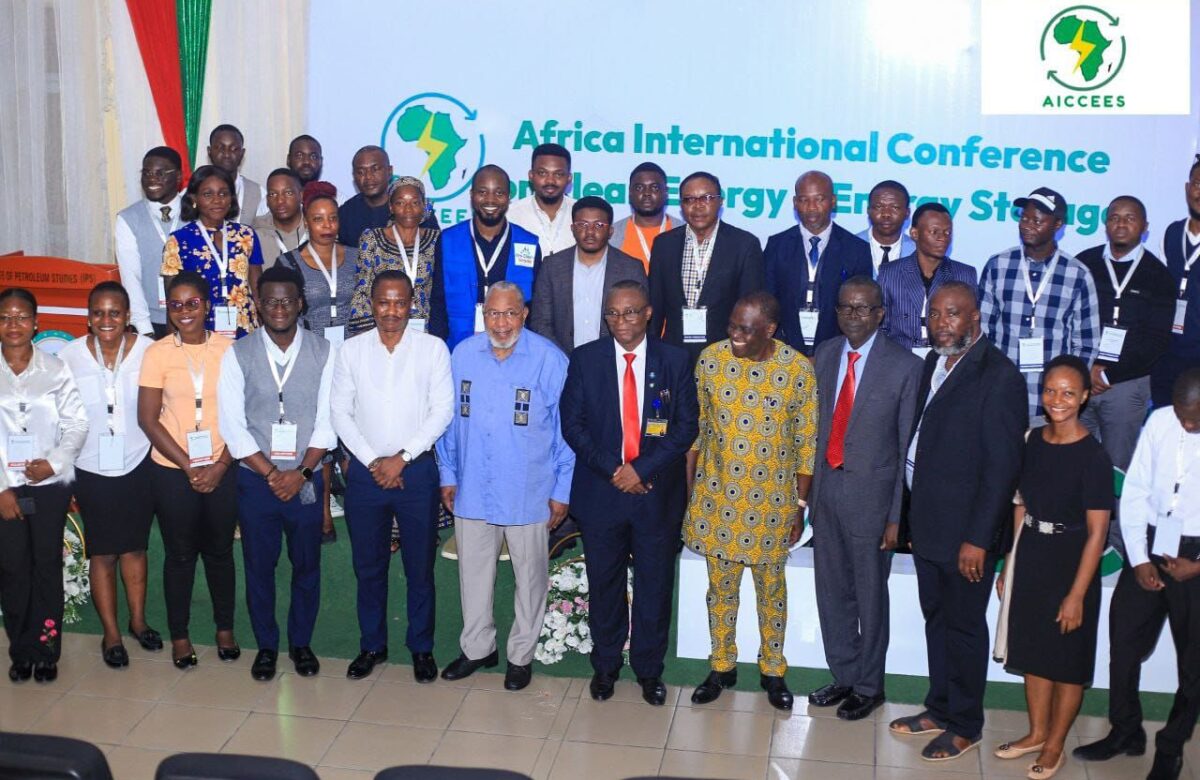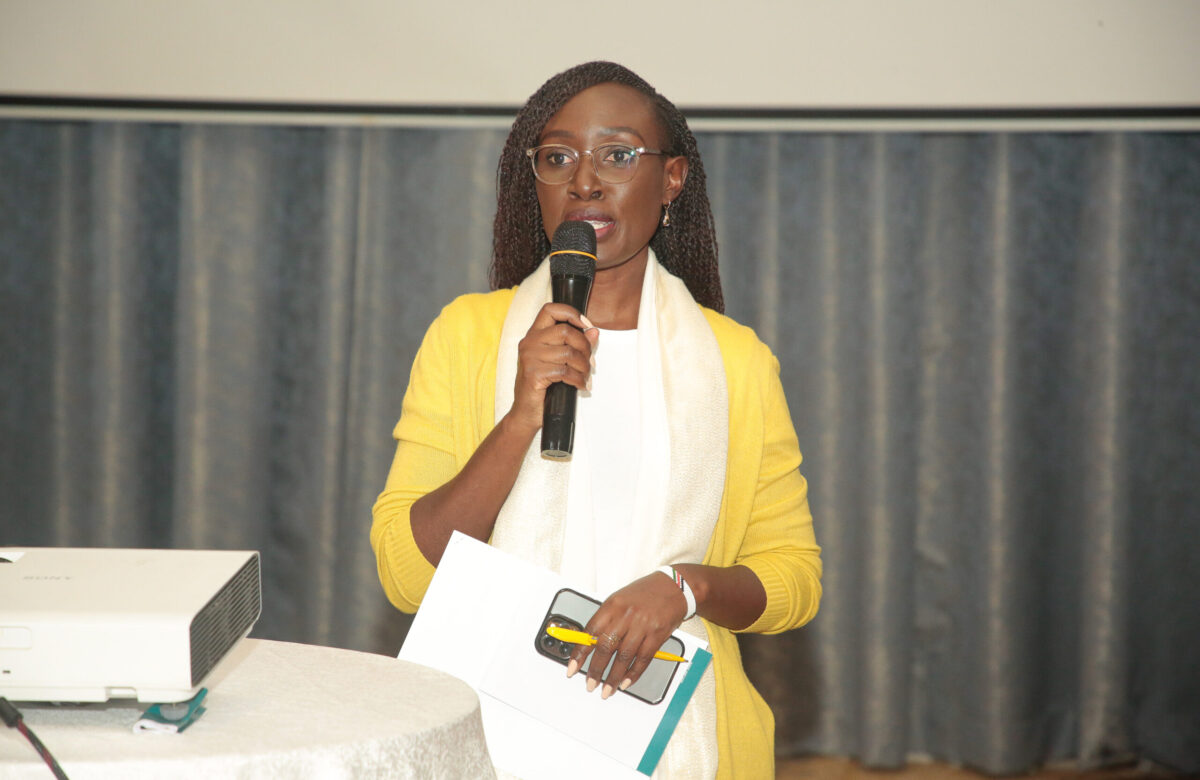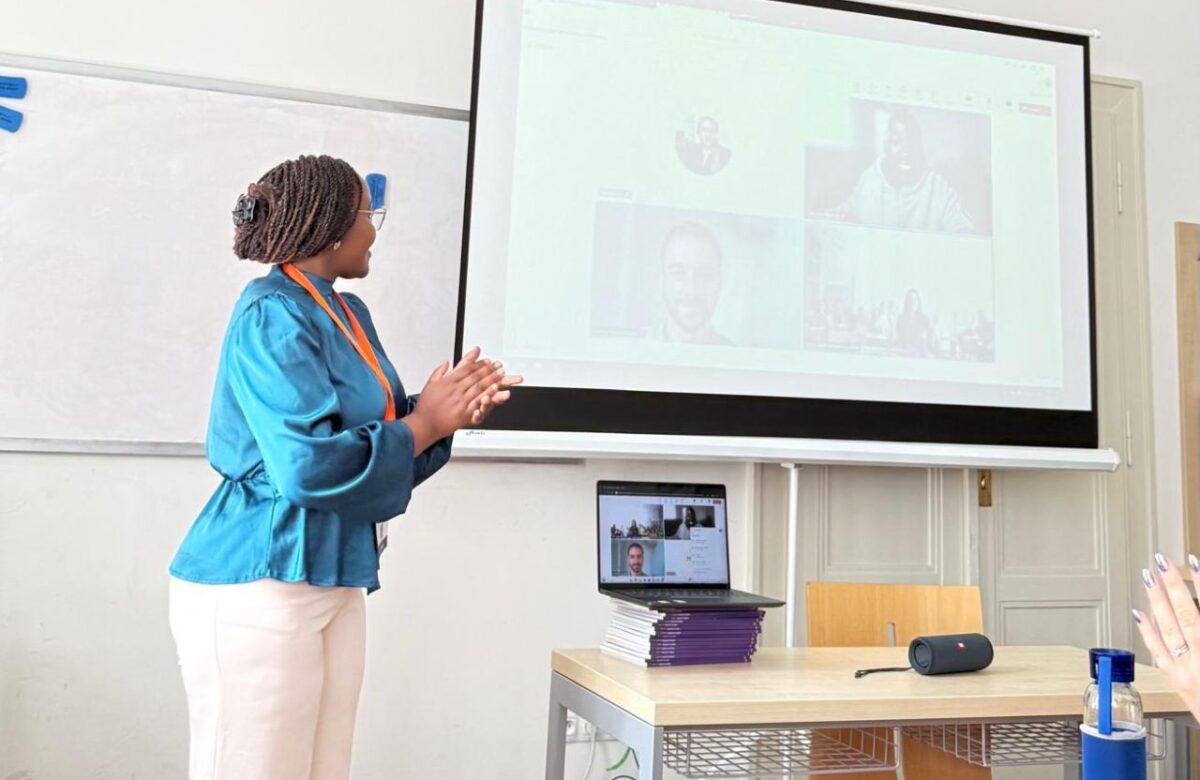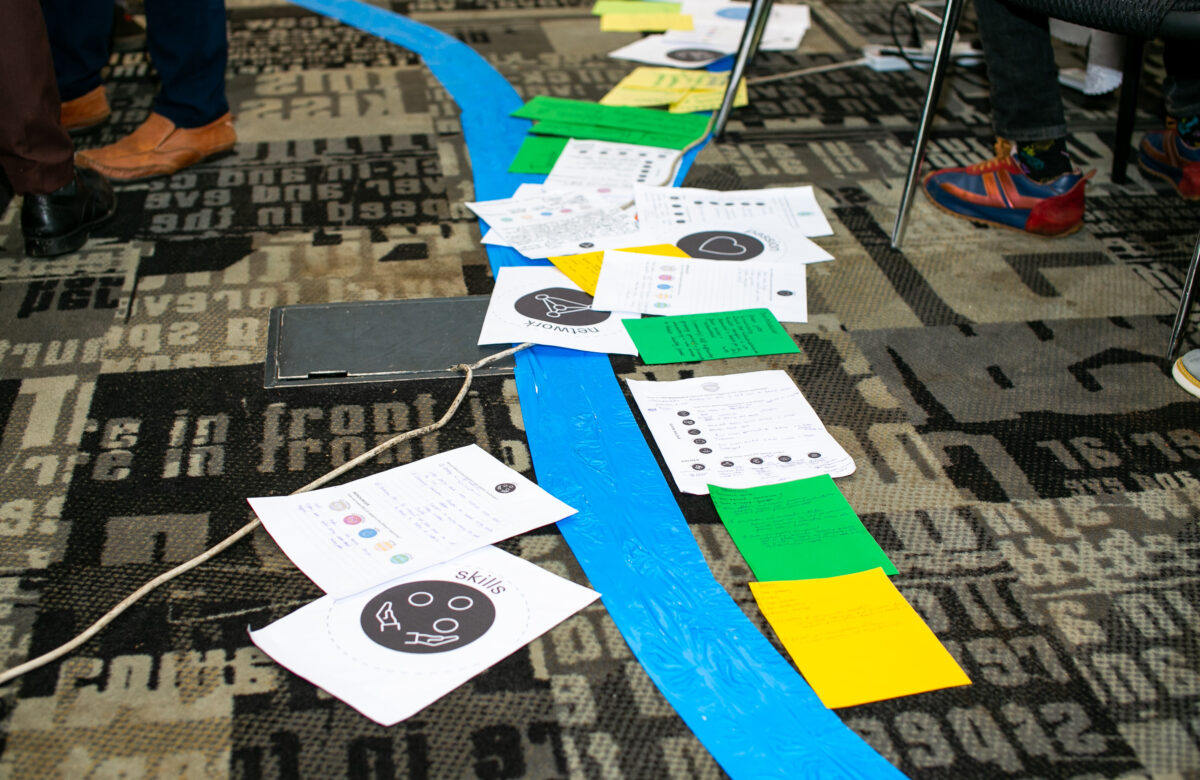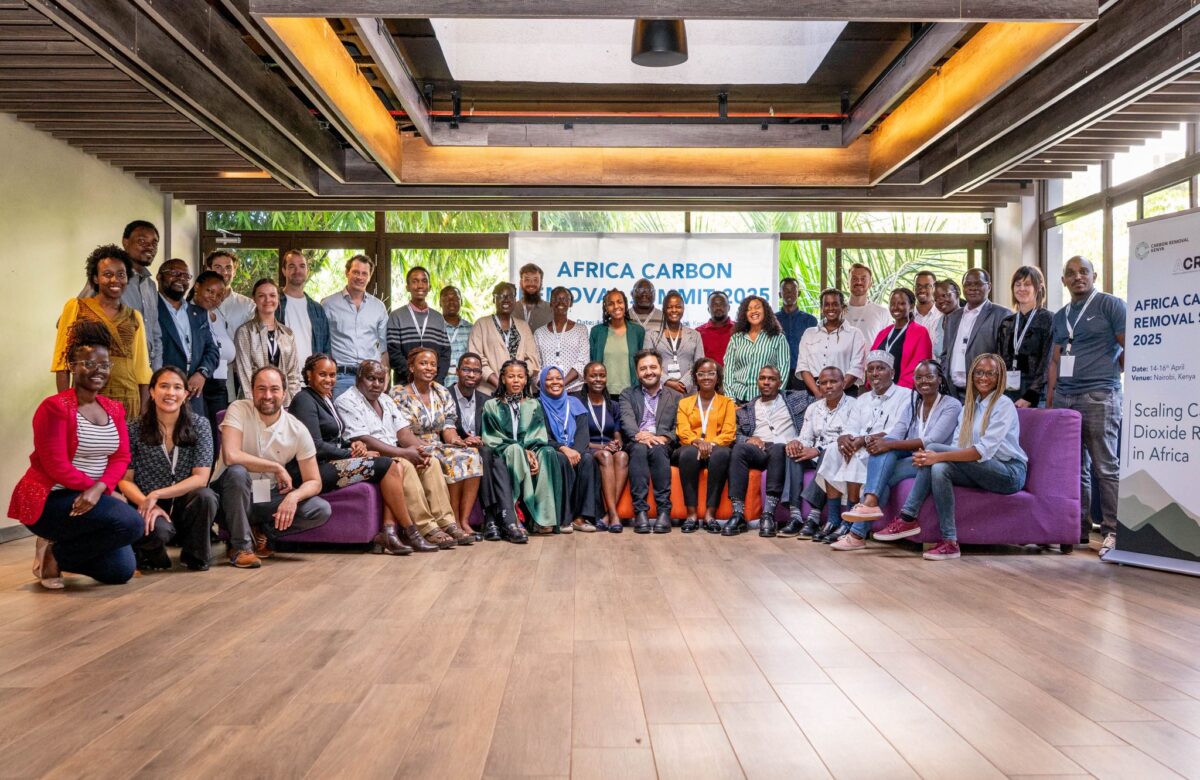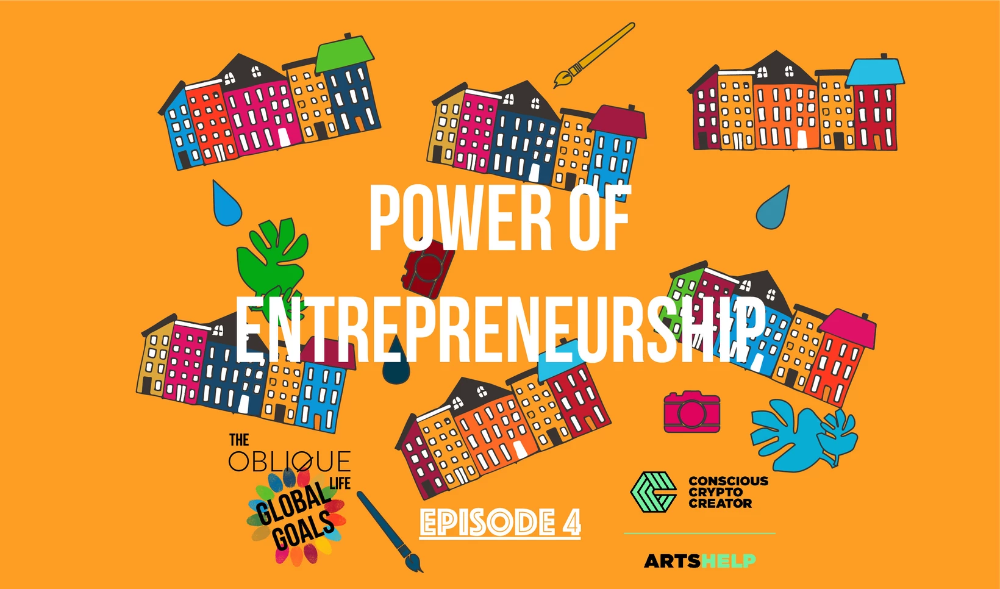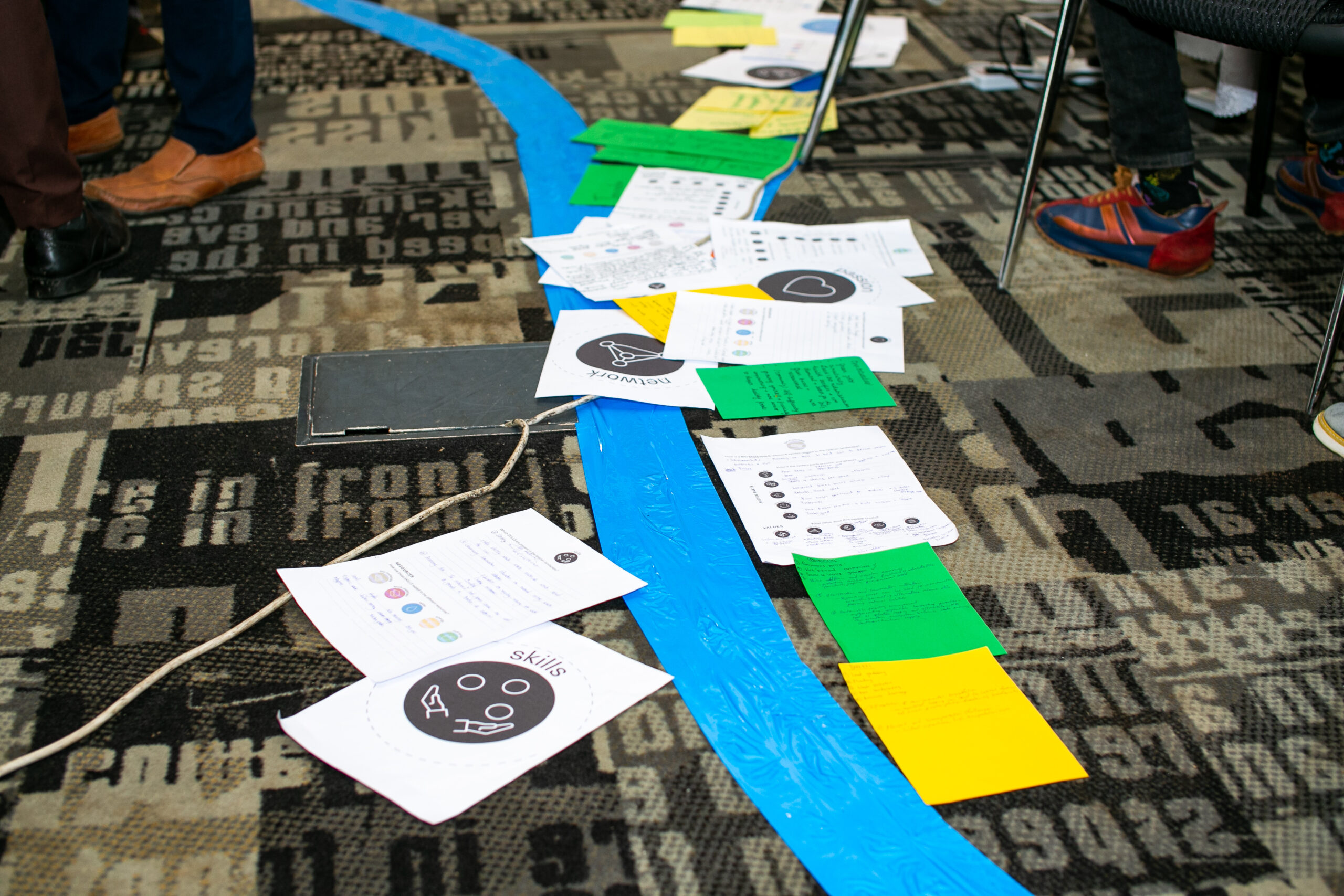
Introduction
The Nairobi River ecosystem holds immense potential as a catalyst for a circular economy, supporting sustainable urban regeneration, livelihoods, and ecological restoration. With the ongoing conversations around Nairobi River triggered by the 2024 floods, it is crucial to look at the actors in the communities along the river who have been tirelessly trying to make the river ecosystem better. The floods were succeeded by extensive demolitions that resulted in the displacement of riverine communities and some of the initiatives efforts were affected.
On 28th March 2025, Nuvoni Centre for Innovation Research in collaboration with Circular Community Foundation(CCF) brought together key stakeholders to a workshop themed; Nairobi River as a driver for circular communities’, to explore how social, economic, ecological, aesthetic values can be generated and enhanced to maximize their reach and impact. The aim of the workshop was
- To present the Circular Value Flower (CVF) method in analyzing how grassroots initiatives contribute to circularity within communities.
- To discuss how various actors interact to channel resources that generate value out of the circular initiatives along the Nairobi River.
- To co-create action plan(s) for a circular and regenerative ecosystem for Nairobi rivers.
This workshop is under a project is funded by LDE Global and is a collaboration of Institute of Cultural Anthropology and Development Sociology | Leiden University, Faculty of Architecture and the Built Environment, TU Delft, IHS, Institute for Housing and Urban Development Studies of Erasmus University Rotterdam, Nuvoni Research, CIRCULAR COMMUNITY FOUNDATION, Delft Centre for Entrepreneurship (DCE) and TU Delft | Technology, Policy and Management. It commenced in November 2024 and is ongoing.
Circular Value Flower
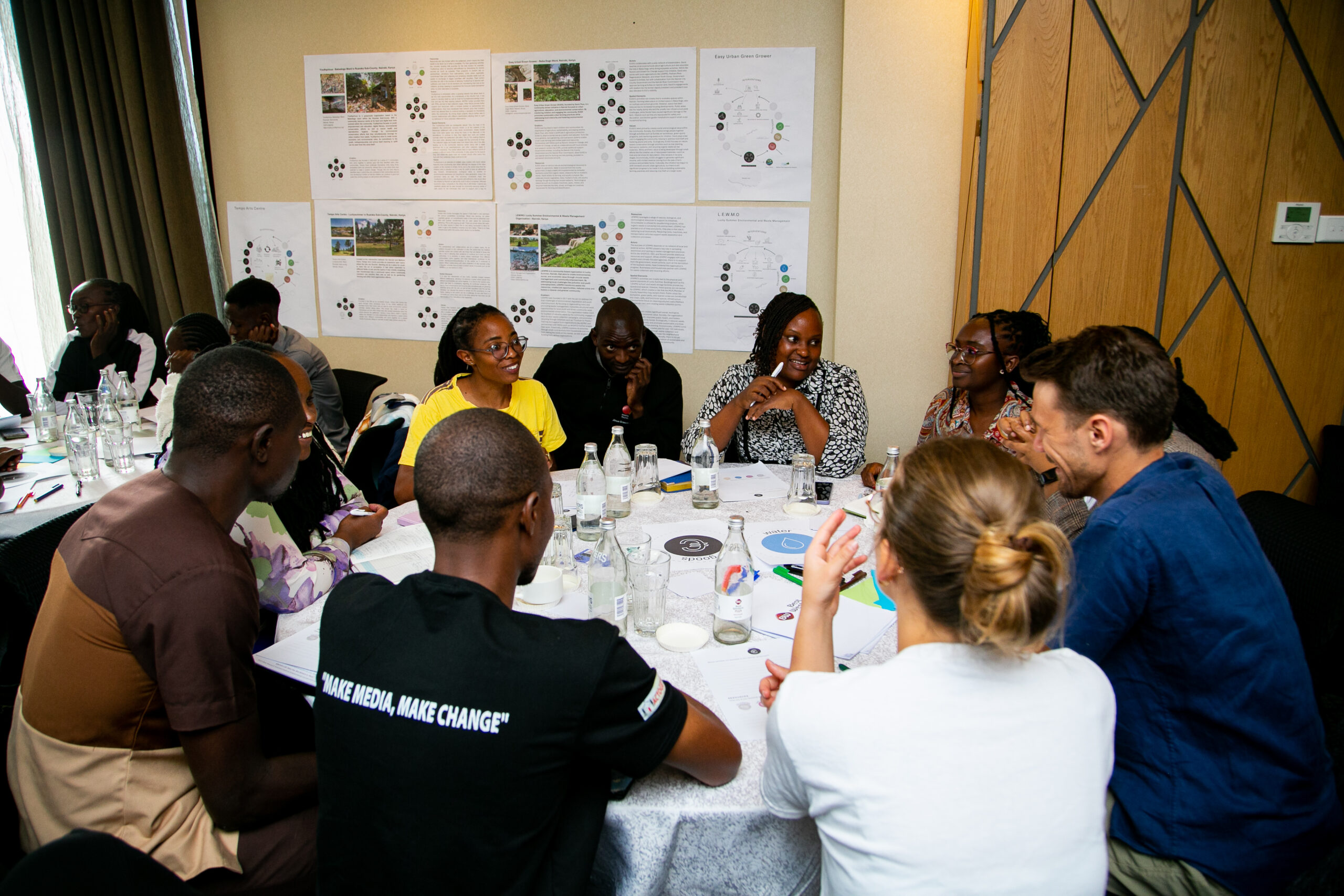
The workshop commenced with an overview of the 𝗖𝗶𝗿𝗰𝘂𝗹𝗮𝗿 𝗩𝗮𝗹𝘂𝗲 𝗙𝗹𝗼𝘄𝗲𝗿 (𝗖𝗩𝗙) developed by Els Leclercq, Mo Smit, to help organize the collective closing of resource cycles (bio and tech materials, energy, water and nutrients) on a neighborhood scale and provides insight into the added value (social, ecological, aesthetic, cultural and economic) that can be realized within the built environment. analyzing values the selected initiatives along Nairobi River bring. The method enabled a systematic analysis of community initiatives below by demonstrating how closing resource cycles at the local scale can ultimately result in multiple value creation:
A youth based waste management organization that aims to improve the state of the environment within and around Luckysummer, Nairobi.
Tempo Arts Center is a community park for the communities of Lucky Summer, Korogocho, Ngomongo, Baba Dogo, Dandora, located in Lucky Summer ward, Ruaraka sub-county at the meeting point of Mathare River and Nairobi River. It is used as a safe space where young people converge to improve their talents, and environment.
Easy Urban Green Growers is a collective of youths practicing urban farming in Baba Dogo, along the banks of the Nairobi River. They run hydroponic kitchen gardens, farm poultry, plant trees, and set up nurseries
YOUTHPRINUA is a youth-led organization of innovative and talented individuals coming together through Education, Empowerment, Environmental Conservation, Technology, Art, and Talent.
Capital elements
Participants were divided into five groups, each exploring different capital elements (cash, network, wisdom, goods, resources) and resource types (water, energy, nutrients, biomaterials, tech materials). They mapped their relationships with the river landscape and identified system needs like space, storage, distribution, and processing. The goal was to understand the current system’s value and barriers to achieving an ideal regenerative ecosystem. Practical examples included traditional water harvesting, agile distribution, and innovative uses of waste and biomaterials. The session emphasized integrating various resources to create a synergistic system.
Actors and their interactions
This discussion focused on how various actors interact to channel resources that generate value out of the circular initiatives along the Nairobi River. On waste management and circular economy initiatives, the process involving waste collection, distribution to recyclers and upcycling, specifically emphasizing teamwork among communities in collection, enterprises who purchase the sorted waste products, Organizations providing equipment and knowledge and government especially the Nairobi City County Government (NCCG) who transport collected waste to dumping sites.
Barriers such as financial resource access, legal frameworks, and land scarcity were identified. However, there are opportunities for job creation and community mobilization. Another system identified is bio-waste utilization for renewable energy and composting. It is crucial to note the importance of water for agriculture and community well-being, noting challenges like unpredictable weather and sewerage issues. The conversation concluded with various groups discussing ecological, financial, and cultural values generated at different stages throughout the processes.
Co-creating action plan(s) for a circular and regenerative ecosystem for Nairobi rivers.
How can each stakeholder group contribute to community initiatives that support the circular and regenerative resource system? Participants focused on co-creating an operational circular initiative model aimed at scaling the impact of these initiatives to the Nairobi River and the communities living beyond. Key points included the need for infrastructure improvements, such as leveling surfaces, providing seedlings, and creating a Resource Center for Community information. All the proposed interventions highlighted the need for land, electricity, internet, and transport and food waste for organic gardening. Financing was discussed, with a need for sustainable funding from rent and other sources. The importance of government engagement and community organization was emphasized, with a call for stakeholder involvement and effective communication to enhance the intervention’s impact.
Key Take aways
The workshop was a cumulation of all the activities happening throughout the project which are but not limited to: community focus group discussions, interviews, sports activities, co-creating interviews, circular value flower mapping and stakeholder mapping. All these activities were designed to evaluate the status of the initiatives along Nairobi River and how their impact can be scaled. This workshop brought together all the participants of the different activities to consolidate their ideas into actionable interventions.
Critical to note:
- Identifying barriers to collaboration is essential. Collaboration was identified as one of the major challenges of scaling initiatives along Nairobi River. Addressing them collectively can drive more effective partnerships.
- The Circular Value Flower method offers a holistic approach to designing initiatives. How can we apply it to maximize impact?
- Engaging government and authorities is critical in creating opportunities for communities to actively participate in restoration efforts.
Story by: Diana Mwau
Related News
Physical Address
No. MK088, Ushindi West Avenue,
Mukuyu Rd (Mukuyu West Wing), Thome 1
Nairobi, Kenya
Organization
Subscribe for newsletter & get news, events and publications updates
Contact Us
Office Tel: (+254) 20 8009928 |
Mobile: (+254) 706 324 467
© 2026 Nuvoni Research

